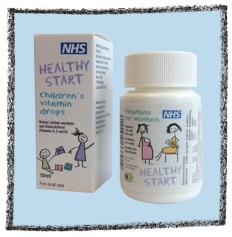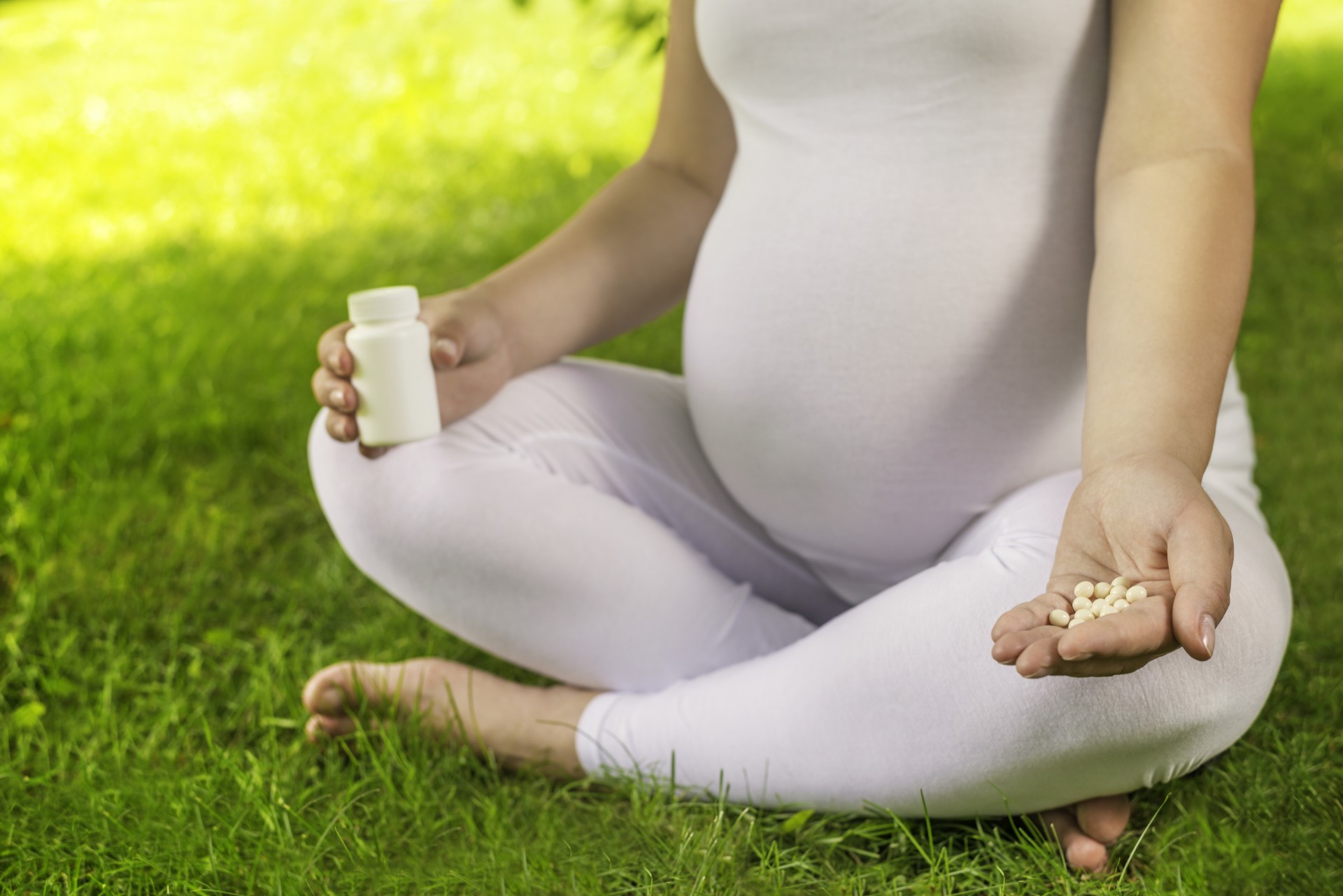Vitamins may harm your unborn baby…
An article published earlier this month in one of the journals in the BMJ Publishing Group, Drug and Therapeutics Bulletin (DTB), has slammed supplements for pregnant women, with the exception of folic acid, vitamin D and vitamin C.
The paper relies on DTB’s standard format of no listing any authors. That’s a problem for those of us who want to understand something about the background of those who have offered opinions on such crucial matters, especially as these views are then picked up by the mass media and are then picked up by prospective new parents. An article in the UK’s Guardian, for instance, suggests women shouldn’t waste their money on supplements and that any supplements containing vitamin A are avoided entirely. The bad wrap for vitamin A comes about from some evidence that very high doses may cause birth defects. However, they say this risk occurs for supplements containing over 870 mcg/day of preformed vitamin A (e.g. retinol, retinyl palmitate or retinyl acetate).
This is scary stuff if you’re planning to have a baby. If you interpret the advice as meaning you shouldn’t take any supplements containing any preformed vitamin A, you rule out the vast majority of the supplements intended for pregnant women in health stores, supermarkets or pharmacies, most of which contain a bundle of other vitamins and minerals, sometimes with other nutrients like essential fatty acids and plant nutrients added.
Make a healthy start
The unlisted, presumably British, authors of the DTB paper, in their anonymity, have made a point which with one hand slammed nearly all commercial products intended for pregnant women. They have, with the other hand, recommended one ‘brand’ of supplements, —those prescribed as part of the Healthy Start programme of the UK’s National Health Service (NHS). As part of this initiative, women are provided with free vitamin supplements, containing folic acid, vitamin D and vitamin C if they are, “at least 10 weeks pregnant [and] in receipt of certain low-income benefits”.

For those who aren’t eligible, you pay just £1.14 for a 2 month (56 day) supply. That’s a lot cheaper than any commercial product in the UK.

These recommendations are supposedly based on clinical trials and meta-analyses of clinical trials. That’s just where the problems start, as we have reported previously.
But why has Healthy Start failed to follow the evidence it claims to? Why are the dosages in Healthy Start vitamins so low (400μg folic acid, 10μg vitamin D and 70mg vitamin C)? Why can more socio-economically deprived women only obtain the supplements when they are at least 10 weeks pregnant, when the evidence shows the main benefits start when you take the supplements coupled with good diets from at least 3 months prior to conception? Are they trying to save money? Or are they knowingly misinforming people? Or both?
Missing advice
The facts are rather different, if you’re prepared to look at broader evidence. Many women are short on vitamin A and while all women should indeed be careful taking more than 800μg/day of preformed vitamin A, they would do very well to support their immune systems with extra vitamin A. This can come either from lower dosages of preformed vitamin A or, better still, as mixed carotenoids rich in natural beta-carotene that are converted to vitamin A in the body. Vitamin A is crucial for eye and immune health.
Why is there no mention of other forms of folate other than folic acid when it’s known that a significant proportion of the population have difficulty converting folic acid to its active form, 5-methyltetrahydrofolate (5-MTHF)? Why the block on using the stabilised bioactive forms, these being either glucosamine or calcium bound that are approved for use in the EU elsewhere and readily available? Is it the higher cost?
What about zinc and selenium deficiencies which are rampant in society, compromising immune health and increasing our risk of cancer. And not just for women. How about the function of the thyroid and endocrine axis? How about having enough energy to maintain vitality throughout pregnancy and into early child-rearing? What about B12 for vegan mums-to-be and other at-risk pregnant women?
The key article referred to that points to vitamins or minerals that may be “harmful in pregnancy” is a lightweight opinion piece by the Royal College of Obstetricians and Gynaecologists. It provides no real evidence of harm, and with the exception of folic acid, vitamin D and vitamin C, provides no real evidence of the risks of deficiency?
This is not the place to list all of the flaws in the advice – but they are considerable. The anonymous DTB advice really appears more as an advert for the NHS’s Healthy Start vitamin scheme, when this is a poor substitute compared with many of the much more carefully and scientifically formulated pre-natal supplements available in health stores or supplied by nutritional practitioners.
Conclusion
We continue to be astonished by the narrowness of data being examined by authorities who claim to serve the public interest. We don’t believe there’s anything here that should stop women taking much more comprehensive supplements from pre-conception through pregnancy and into breastfeeding. These might include a full spectrum of vitamin and minerals, essential fatty acids and some key plant nutrients, such as carotenoids and polyphenols.
It’s all the more disconcerting that the authors are not listed and the piece promotes an inferior NHS vitamin product.








Comments
your voice counts
23 July 2016 at 2:22 am
The medical system and universities have been crooked since rockerfella. Run by big business. A full time sickness industry. It's not in their interest to cure anything. The best people can do for them selves is their diet,herbs,vit,walk and stay away from doctors. Iam 70 don't have a doctor and don't do drugs. Big pharma are the biggest drug pushers in the world. Mike Collins. Nz.
25 July 2016 at 12:00 pm
I am lucky to have spent a few years researching nutrition/supplements myself and that I don't trust the NHS/gov about my or my babies health. Others must be very confused ill or both.
21 September 2016 at 7:56 pm
NHS supplements will be poorly absorbed and made. No co-factors will be incorporated. Their approach to pernicious anaemia a case in point.
Your voice counts
We welcome your comments and are very interested in your point of view, but we ask that you keep them relevant to the article, that they be civil and without commercial links. All comments are moderated prior to being published. We reserve the right to edit or not publish comments that we consider abusive or offensive.
There is extra content here from a third party provider. You will be unable to see this content unless you agree to allow Content Cookies. Cookie Preferences